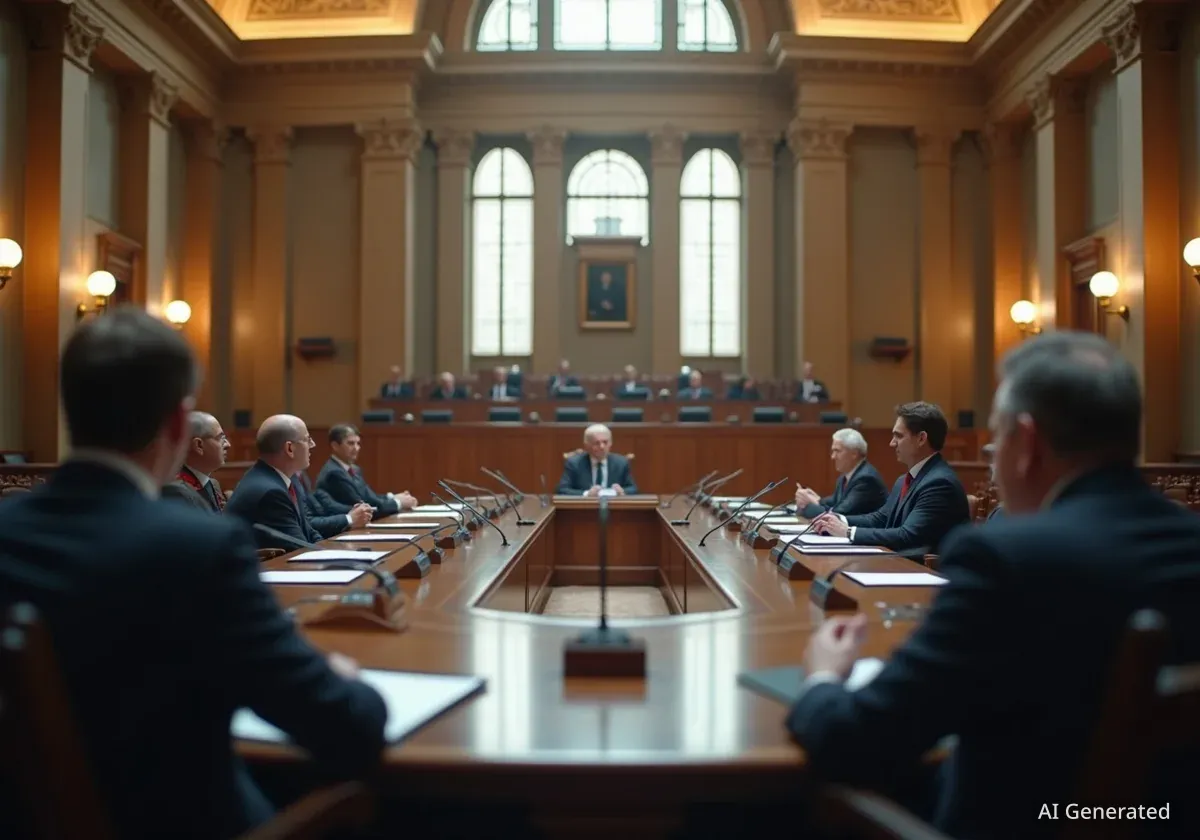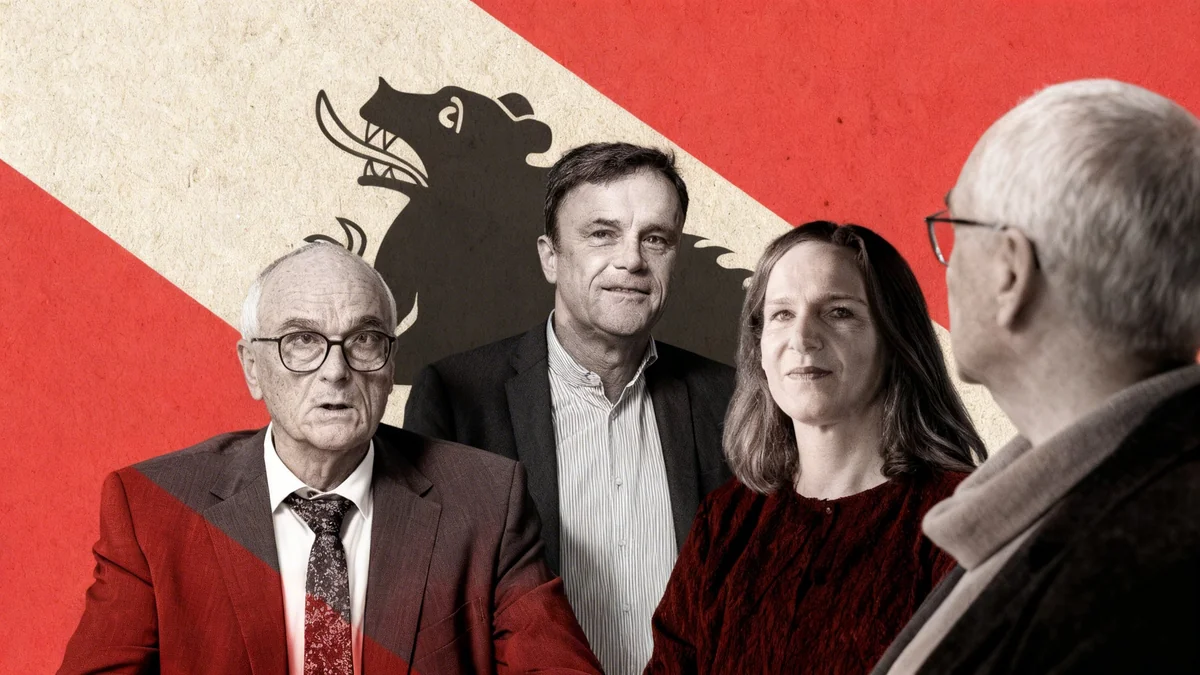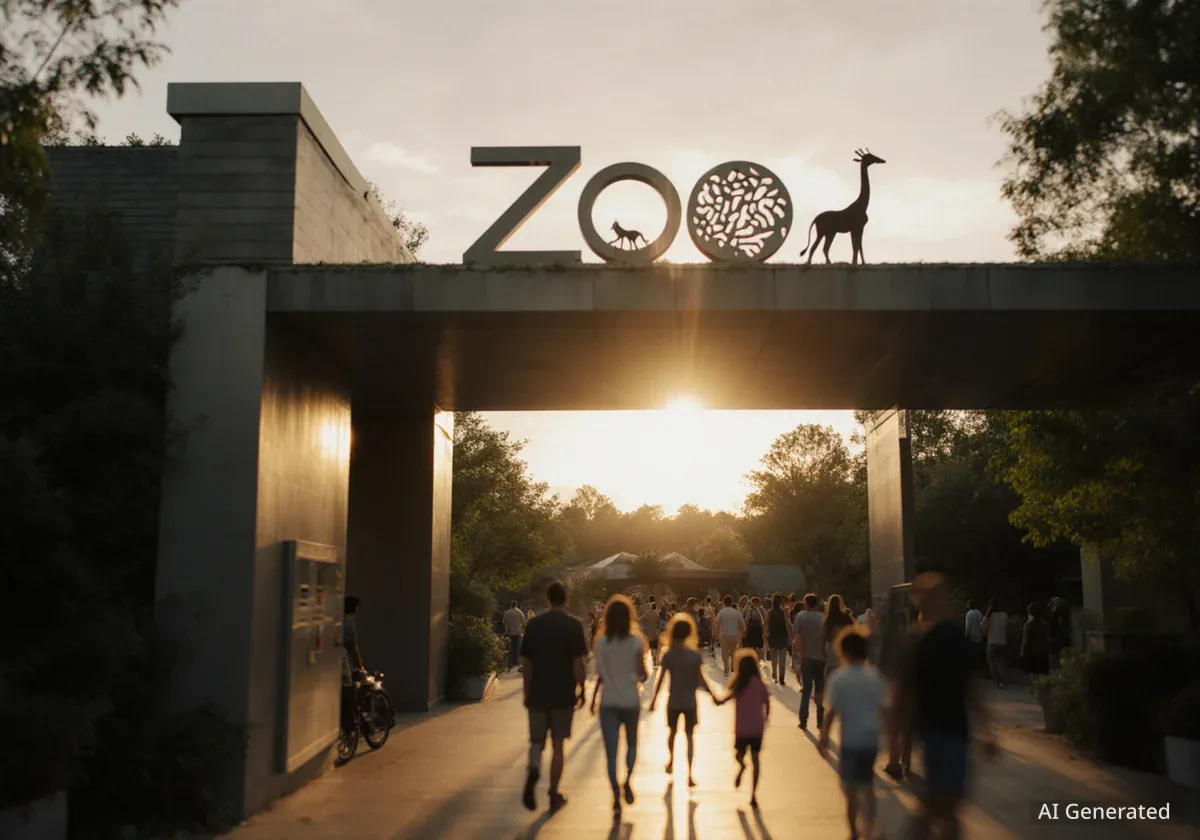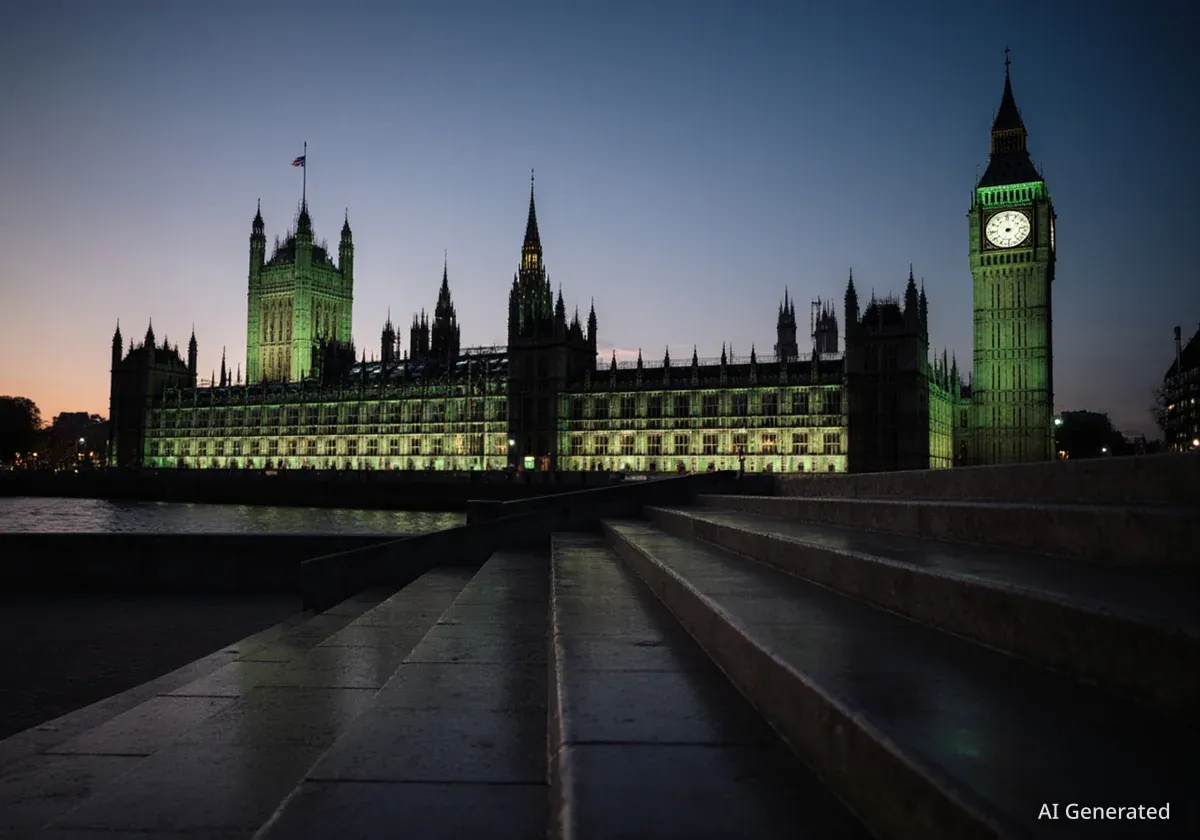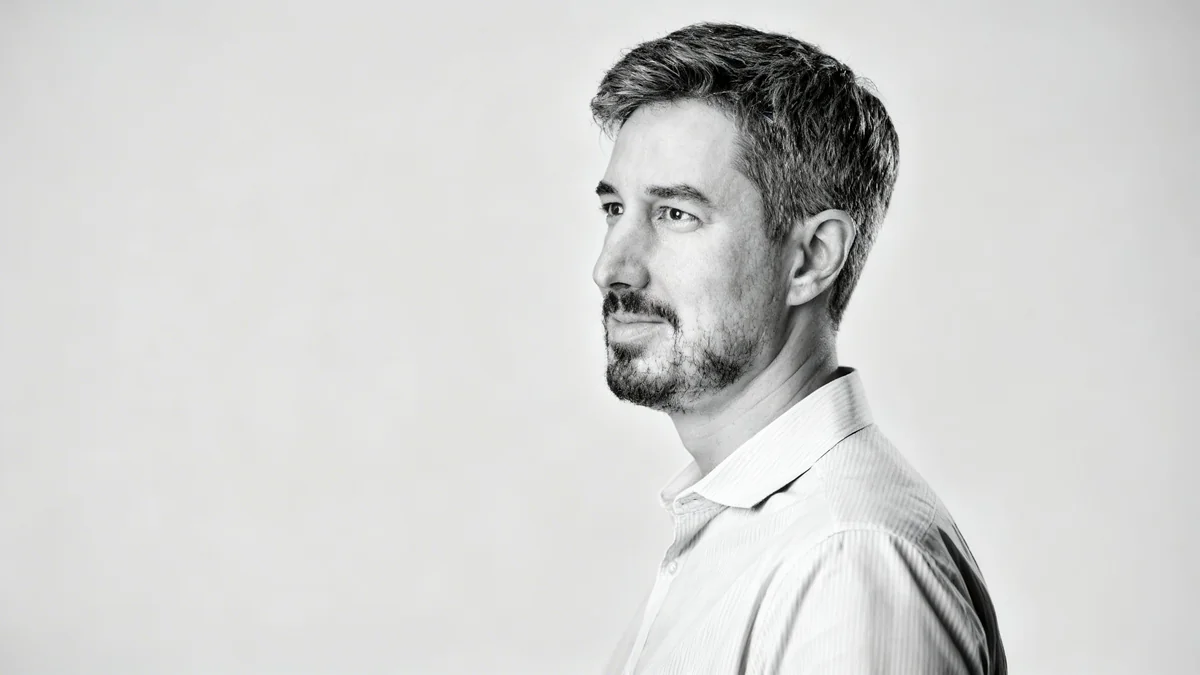Bern's city council recently approved its 2025 budget following a contentious and emotional debate. Political divisions remain strong, with conservative factions arguing for reduced spending and the left-green alliance advocating for increased investment in social and environmental initiatives. This annual discussion highlights the ongoing struggle to balance fiscal responsibility with community needs.
Key Takeaways
- Bern's 2025 city budget was approved after a significant debate.
- Conservative parties seek to reduce spending in various areas.
- Left-green parties advocate for increased investment in public services.
- Disagreement exists on funding international aid projects, such as sea rescue and Gaza refugees.
- Essential investments in infrastructure, public facilities, and housing are widely supported.
Bern's Budget Approval Process
The approval of the city of Bern's annual budget is a consistent source of political contention. For many years, the opposing viewpoints have been clearly defined. Conservative groups consistently argue that the city spends too much money in too many areas. In contrast, the left-green coalition often pushes for more spending on various projects and services.
This year's debate, held on Friday, September 26, 2025, was no exception. It involved strong opinions and deeply held beliefs from both sides of the political spectrum. The process underscores the fundamental differences in how each political bloc believes public funds should be managed and allocated.
Budget Fact
The city of Bern manages an annual budget that typically exceeds 1 billion Swiss Francs, covering a wide range of public services and investments for its population of over 130,000 residents.
Core Investment Areas
Despite the political disagreements, there is broad consensus on the need for specific major investment projects. All parties agree that funding for infrastructure development is crucial. This includes maintaining and upgrading roads, bridges, and public transportation networks. These projects are seen as vital for the city's long-term growth and functionality.
Similarly, investments in public facilities receive widespread support. This covers schools, hospitals, community centers, and parks. These facilities are essential for the quality of life of Bern's citizens. Funding for housing construction is also a shared priority, aiming to address the city's housing needs and ensure affordable living options.
"Everyone understands that important investment projects like infrastructure, public facilities, or housing construction are necessary," stated Chandru Somasundaram, a City Councillor from the Social Democratic Party (SP).
Points of Contention: International Engagements
The most significant disagreements often arise over funding for projects perceived as outside the city's immediate local mandate. A key point of contention in the 2025 budget debate was the city's involvement in international aid efforts. Specifically, questions were raised about Bern's financial contributions to sea rescue operations in the Mediterranean and support for Gaza refugees on site.
Conservative councillors argue that these are national or international responsibilities, not local ones. They believe that city funds should be reserved for projects directly benefiting Bern's residents within its borders. The left-green alliance, however, views these contributions as part of Bern's humanitarian responsibility and its role as a global citizen.
Background on Bern's Political Landscape
Bern's city council, known as the 'Stadtrat,' is composed of representatives from various political parties. The left-green bloc, typically including the Social Democratic Party (SP) and the Green Party, often forms a majority or strong coalition. The 'Bürgerliche' (conservative) parties, such as the Swiss People's Party (SVP) and The Centre (Die Mitte), represent the opposition, advocating for fiscal restraint and traditional values. This political dynamic often leads to lively debates over budget allocations.
The BärnerRundi Discussion
The budget debate was further explored on the TeleBärn program 'BärnerRundi,' hosted by Markus von Känel. The panel featured key figures from Bern's political scene. Chandru Somasundaram, a City Councillor from the Social Democratic Party (SP), represented the views of the left-green alliance, advocating for social and international engagement.
Nicolas Lutz, a City Councillor from The Centre (Die Mitte) party, presented a more centrist perspective, often seeking compromise but leaning towards fiscal prudence. Thomas Glauser, a City Councillor from the Swiss People's Party (SVP), articulated the conservative stance, emphasizing reduced spending and focus on local issues.
The discussion highlighted the depth of the ideological divide. Each panelist defended their party's approach to public finance, showcasing the different priorities that shape Bern's budget decisions. The debate served as a public forum for citizens to understand the arguments for and against various spending proposals.
Future Outlook for Bern's Finances
The approval of the 2025 budget sets the financial framework for Bern's city administration for the coming year. While the immediate debate is over, the underlying tensions regarding spending priorities are likely to persist. Future budget discussions will almost certainly revisit these same points of contention.
The city faces ongoing challenges, including managing urban growth, maintaining public services, and responding to external demands. The ability of the city council to find common ground on these issues will be critical for Bern's continued development. The approved budget reflects a compromise, but one achieved through intense negotiation and clear political lines.
- Fiscal year 2025: Budget approved on September 26, 2025.
- Key parties involved: Social Democratic Party (SP), The Centre (Die Mitte), Swiss People's Party (SVP).
- Areas of consensus: Infrastructure, public facilities, housing.
- Areas of disagreement: International aid (sea rescue, Gaza refugees).
- Public forum: 'BärnerRundi' on TeleBärn provided further discussion.
The outcomes of this budget will directly impact public services, local projects, and the overall financial health of the city. Citizens will observe how the allocated funds are used and how the various political promises translate into tangible results. The debate shows that Bern remains a city where civic engagement and political discourse are strong and central to its governance.
